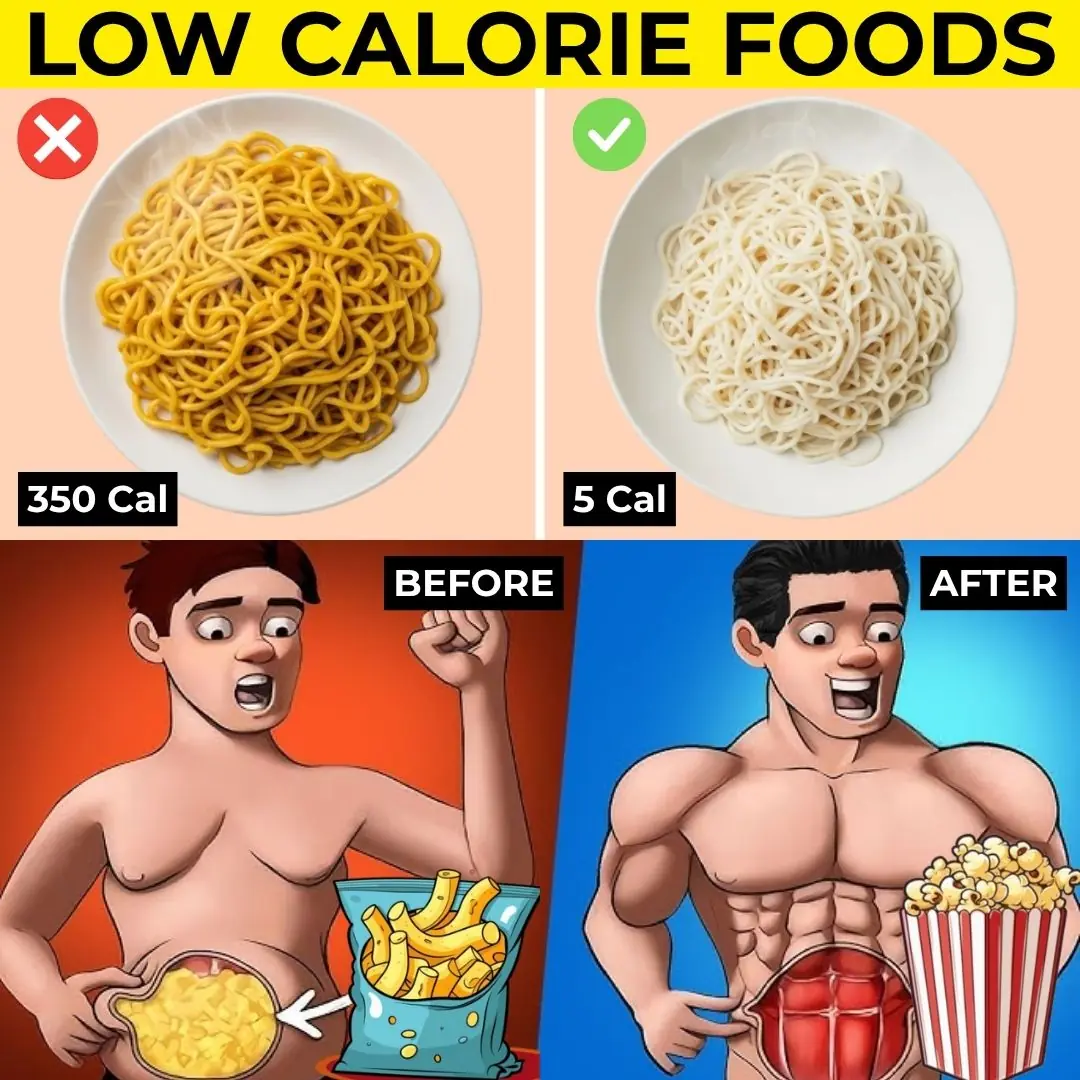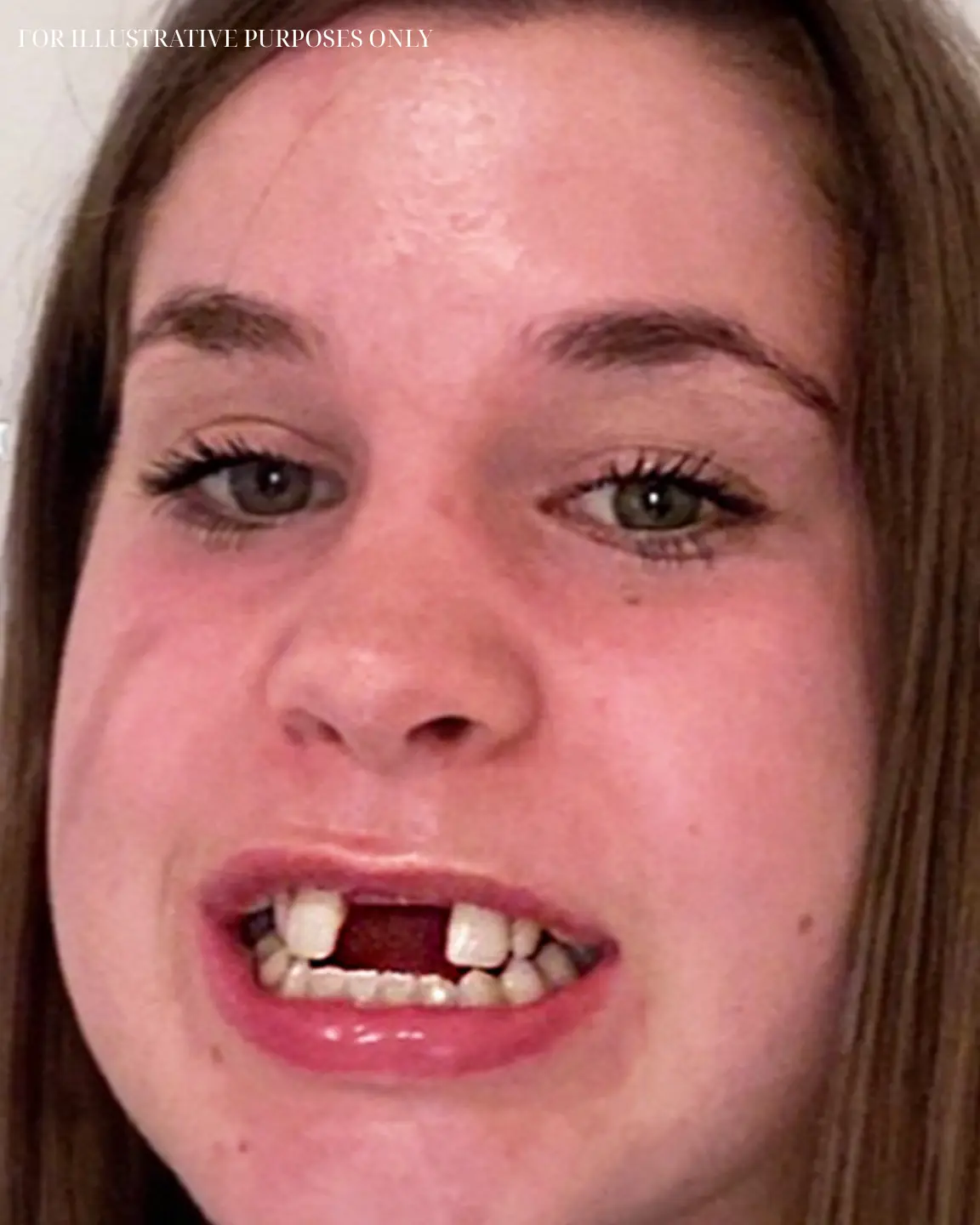
I found a little girl by the railroad tracks, raised her, but after 25 years her relatives appeared
“What’s that?” I froze halfway to the station, my ears pricking.
A faint sound drifted from the left — crying. Not loud, but persistent, wavering in the February wind. The icy breeze slipped down the collar of my coat, tugging at the hem like a child asking for attention. I turned toward the railway, where a dark, abandoned switchman’s hut stood against the endless white of the snow-covered fields.
Just beside the tracks, barely visible, something lay — a bundle, still, barely noticeable beneath the snow.
I hurried forward, heart thudding. It was an old, filthy blanket. A tiny hand peeked out, motionless.
“Oh my God…” I dropped to my knees, scooping it up.
A child. A girl, no more than a year old. Her lips had turned bluish from the cold, her cheeks were icy. But she was breathing — shallow and uneven. She was crying, but the sound was little more than a whisper, as if her strength was nearly gone.
Without thinking, I opened my coat, pressed the child to my chest, and started running — back toward the village, toward the one person I knew could help.
Marya Petrovna, our village paramedic, opened the door in her slippers.
“Zina, what—?”
“I found her,” I gasped, out of breath. “By the tracks. Alone. In the snow.”
She took the child from me, her hands instinctively gentle. “Lord have mercy. She’s ice-cold… Let’s get her warmed.”
“She’s abandoned,” I said. “We need to do something. But no police. She’ll freeze on the way or end up God knows where.”
Marya looked at me with quiet understanding, then went to the cupboard and fetched a tin of baby formula.
“This will be enough for now,” she said, already heating water. “But Zina… what are you going to do?”
I looked down at the child, who had nestled against me again, her small body no longer shivering quite as violently. Her crying had stopped. She was clinging to me.
“I’ll raise her,” I said, my voice steady. “There’s no other way.”
The village buzzed with whispers: “She’s not married. Thirty-five. Lives alone. Now she’s picking up abandoned babies?”
I let them talk.
Some people helped. Brought clothes, food, old toys. One neighbor, who worked at the district office, guided me through the legal maze. A few signatures, some waiting. She became mine — officially.
I named her Alyona. My bright, little star.
Those first months were sleepless. She cried often — colic, teething, fevers. I walked her in circles around the kitchen, whispering lullabies my grandmother used to hum to me. Sometimes I cried along with her, from exhaustion, from fear, from overwhelming love.
And then, one morning, when she was ten months old, she reached out to me and said:
“Ma!”
I sat down right there on the floor and wept.
After years of silence in my house, I was someone’s mother.
By two, she was chasing the cat Vasya across the floor, giggling with delight. She asked endless questions, poked her tiny fingers into every cupboard, every pot.
“Look how clever she is!” I told our neighbor Galya one day. “She knows all the letters in her picture book!”
Galya arched a skeptical eyebrow. “At three years old?”
“Try her.”
Galya pointed to one letter, then another. Alyonka answered, sure and proud. Then she recited the story of the Hen Ryaba, complete with voices.
At five, she started kindergarten in the next village. I took her there in passing cars, bundled up in a scarf twice her size. The teacher was astonished.
“She reads fluently,” she told me. “And counts to one hundred — in two languages!”
“She’s got a curious mind,” I smiled. “She loves learning. Maybe because I’ve told her stories since she was born.”
She started school with long braids that I tied every morning with ribbons to match her dress. At the first parent-teacher conference, her teacher pulled me aside.
“Zinaida Ivanovna, your daughter is exceptional. Truly gifted.”
Pride surged through me, lifting my chest, stinging my eyes. My daughter. My Alyonushka.
Years flew like pages in a book. She grew taller, her legs long and graceful, her face delicate, her blue eyes clear and thoughtful. She won regional academic competitions; her teachers praised her diligence and curiosity.
One spring evening, as the cherry trees bloomed outside our window, she looked up from her textbooks and said:
“Mom, I want to go to medical school.”
I paused, stunned. “Medicine? That’s in the city. Expensive. The dormitory, the textbooks—”
“I’ll get a state scholarship,” she interrupted, eyes glowing. “You’ll see!”
And she did. Graduated with honors. When she left for the city, I stood at the station watching her go, fighting tears.
“Don’t cry, Mom,” she laughed. “I’ll visit every weekend.”
Of course, she didn’t.
Classes, exams, part-time jobs. But she called every night.
“Mom! We did anatomy today — and I aced the test!”
“Good girl,” I said. “Are you eating enough?”
“Of course. Don’t worry.”
In her third year, she met Pasha, a quiet, tall boy with warm eyes. She brought him home during winter break.
He shook my hand firmly and helped me carry wood to the shed.
“He’s a good man,” I said to her that night. “Just don’t lose sight of your studies.”
“Mooom,” she groaned, rolling her eyes. “I’m not a child!”
After graduation, she chose pediatrics — said it felt right.
“You once nursed me back to health,” she told me. “Now it’s my turn to help others.”
She stayed in the city for residency. She called often, visited less. I missed her fiercely, but I understood. She was building her own life — and I had given her the wings to do it.
One evening, she called. Her voice was different. Hesitant.
“Mom… Can I come tomorrow? I need to talk.”
“Of course. Is something wrong?”
“I’ll explain in person.”
I didn’t sleep that night.
She arrived pale, thinner than usual, her eyes red from crying. She sat down at the table, tried to drink tea, but her hands trembled.
“Mom… Someone came to me. They say… they’re my biological parents.”
The cup slipped from my fingers and shattered on the floor.
“How did they find you?”
“Connections. Friends of friends. I’m not sure. She said she was seventeen when she had me. Her parents forced her to give me up. She’s been looking for me ever since.”
I said nothing.
“I told them I needed time to think,” Alyonka continued, her voice breaking. “You’re my real mom. But… they’re hurting too.”
I pulled her close. I ran my hand through her hair the way I had when she was a feverish toddler.
“They suffered?” I asked, quietly. “And who left you in the snow by the tracks?”
“She said she thought the switchman would come soon… but he was sick that day…”
I closed my eyes. “Lord, have mercy…”
A few days later, she told me:
“I want to meet them. Just once. To understand. Not to replace you. Just… to know where I came from.”
My chest ached, but I nodded.
“That’s your right, Alyonushka.”
The meeting took place in a city café. I sat in the next room.
She came out two hours later, red-eyed but calm.
“They’re ordinary people. She cried the whole time. Her parents threatened her back then. She never told the father. He didn’t even know I existed until recently.”
We walked through streets perfumed with lilac.
“They want to get to know me. I have two half-brothers. The father’s alone now — his wife passed. When he heard about me, he broke down.”
“And you?”
She stopped and took my hands in hers.
“You are my mother. Always. You raised me, believed in me, made me who I am. But I need to understand my roots — not instead of you. In addition to.”
Tears came to my eyes. But I smiled.
“I understand, my daughter. And I’m proud of you.”
At her wedding to Pasha, I sat at the same table as her biological mother. We both cried as Alyonka danced with her new husband — radiant and full of life.
“Thank you,” the woman whispered to me. “For saving her. For raising her.”
“And thank you,” I said. “For trusting me with her life.”
Now Alyonka works at a children’s hospital. Her patients adore her.
When she had a daughter of her own, she called me with joy.
“Mom, I named her Zina. After you.”
She brought the baby into my arms — a bundle of warmth with wide curious eyes.
“Will you babysit?” she laughed, handing me the child.
“Of course,” I said. “I’ll tell her fairy tales. Sing her lullabies. Just like I
News in the same category

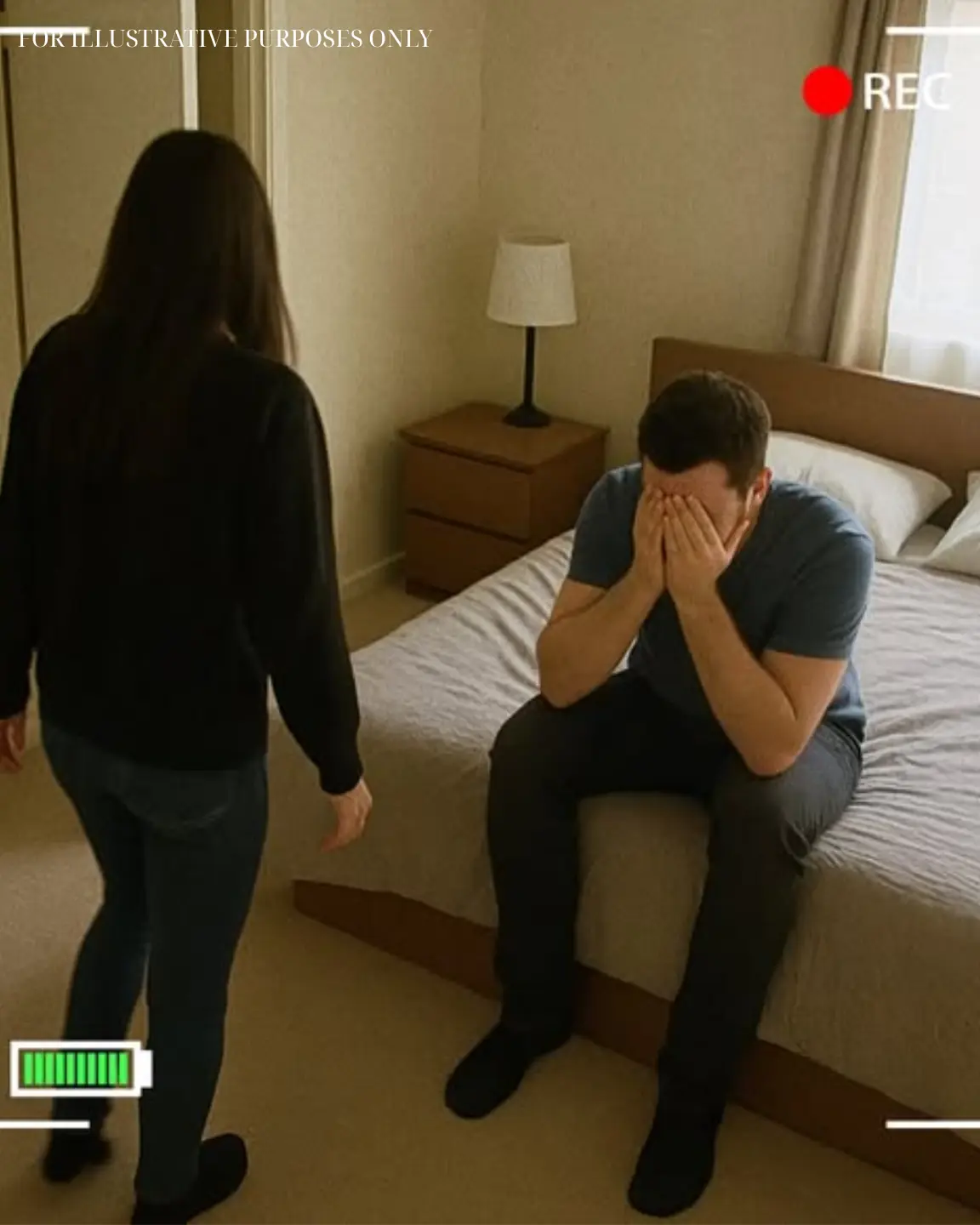
'Mom, Do You Want to Meet Your Clone?' – What My 5-Year-Old Said Uncovered a Secret I Wasn't Ready For

You’re nobody without me,» my husband declared. But a year later, in my office, he begged me for a job
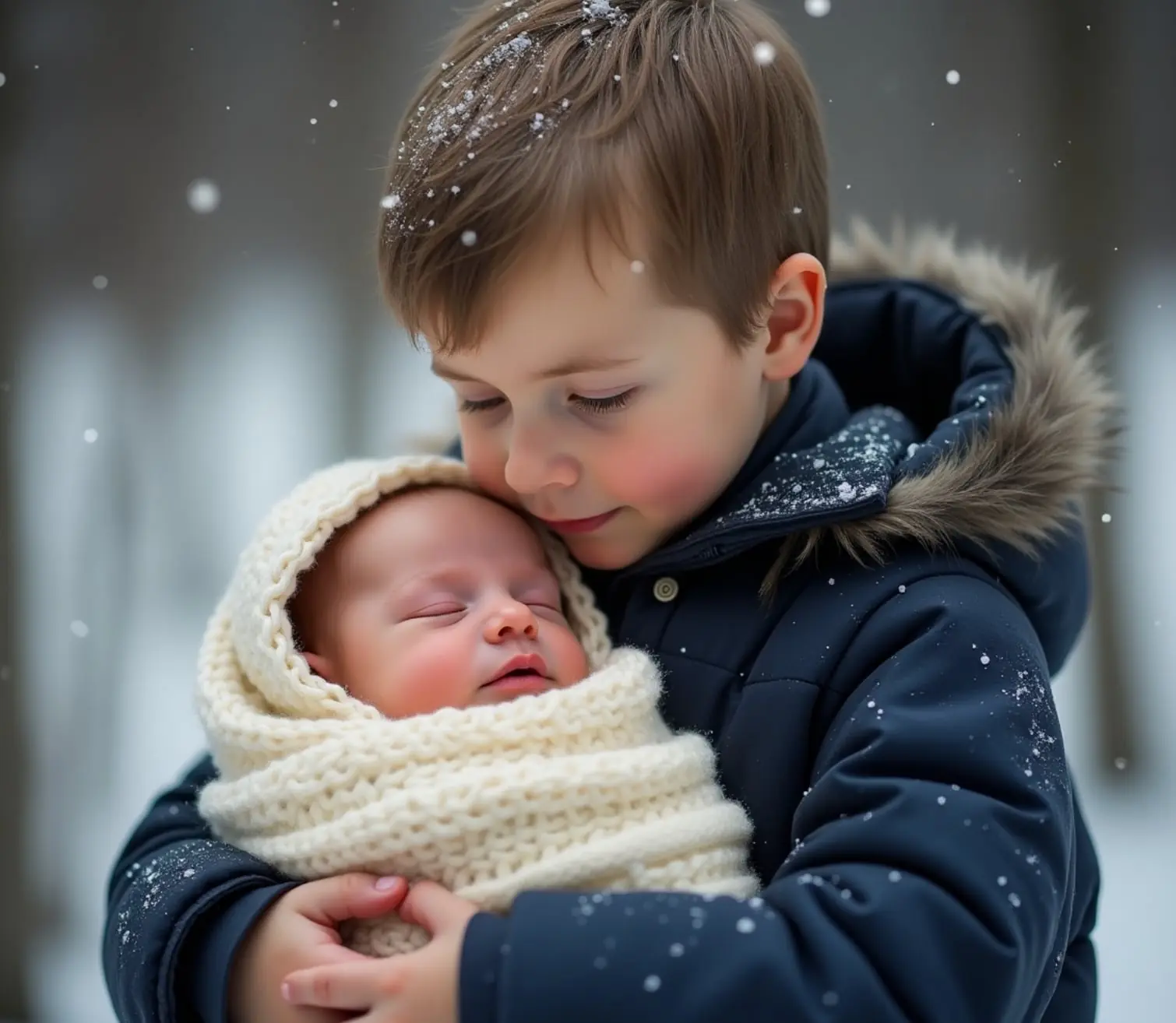
An eight-year-old child saved his sister during a severe snowstorm. But where were their parents at that time?
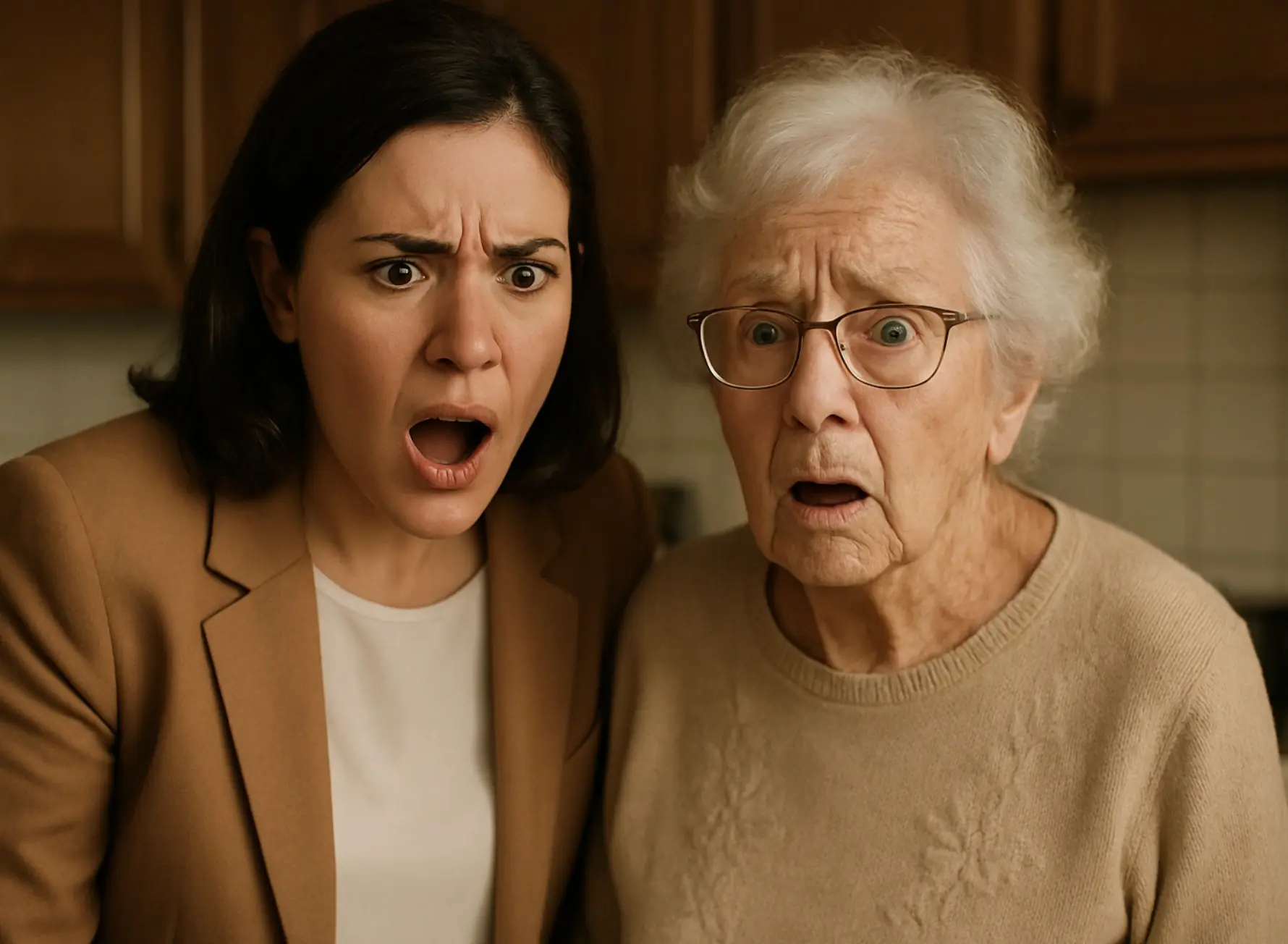
We’ll live off our daughter-in-law; she has a good job,» the mother-in-law shared with her friend
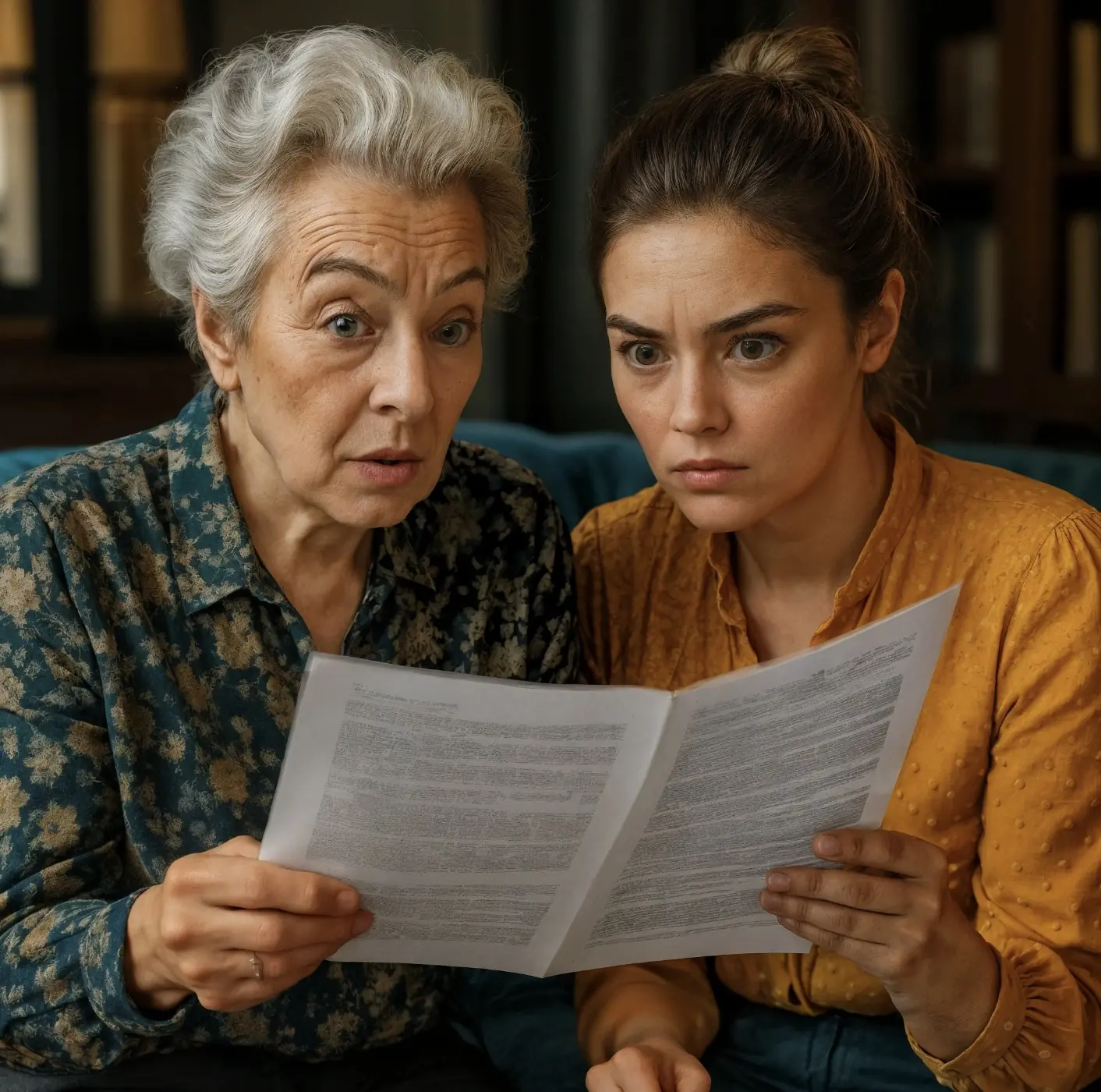
Lenočka, pay the utility bills. You have the money,” the mother-in-law asked again
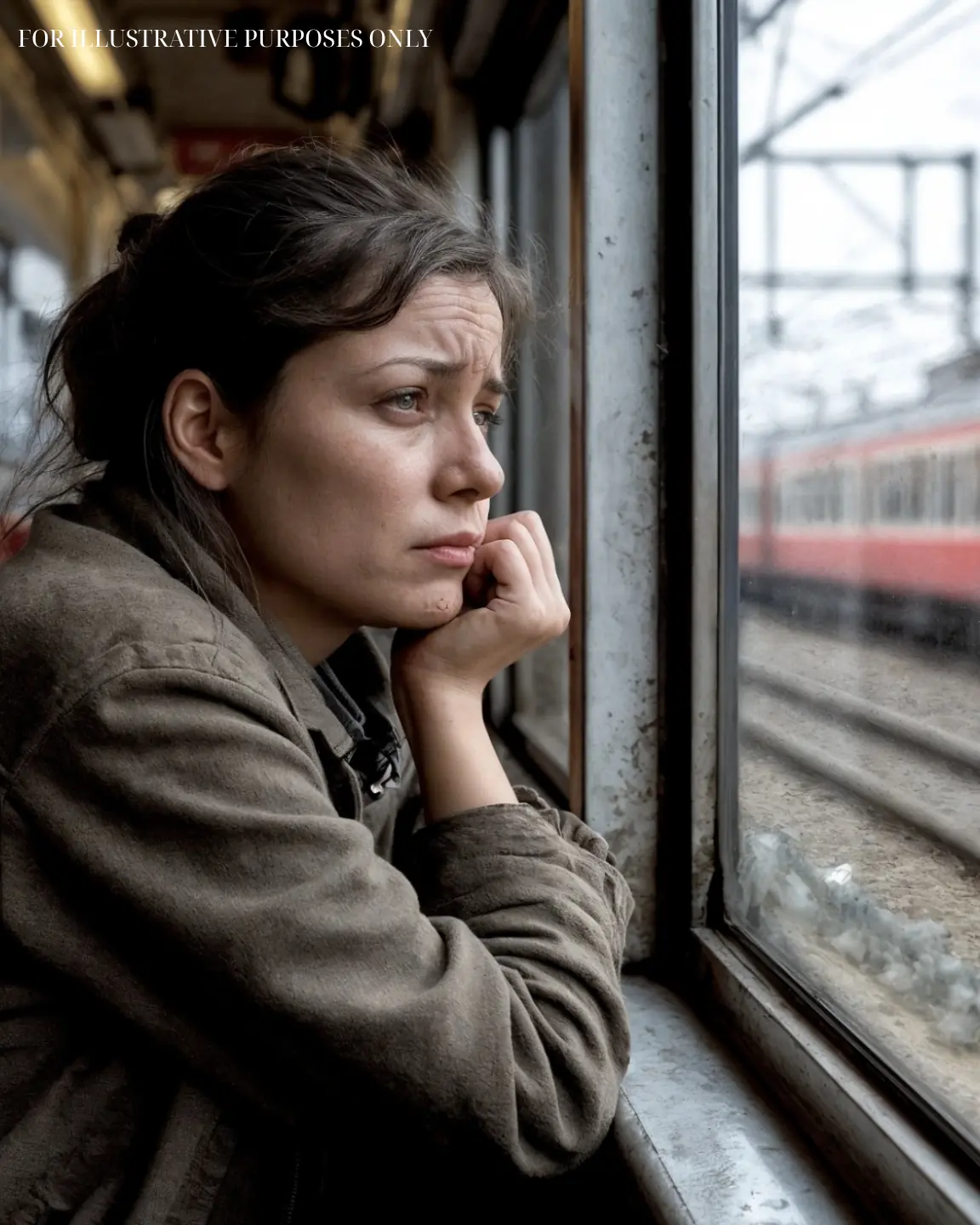
Tired and confused, she spent the night at the station, having run away from her son and with no idea where to go
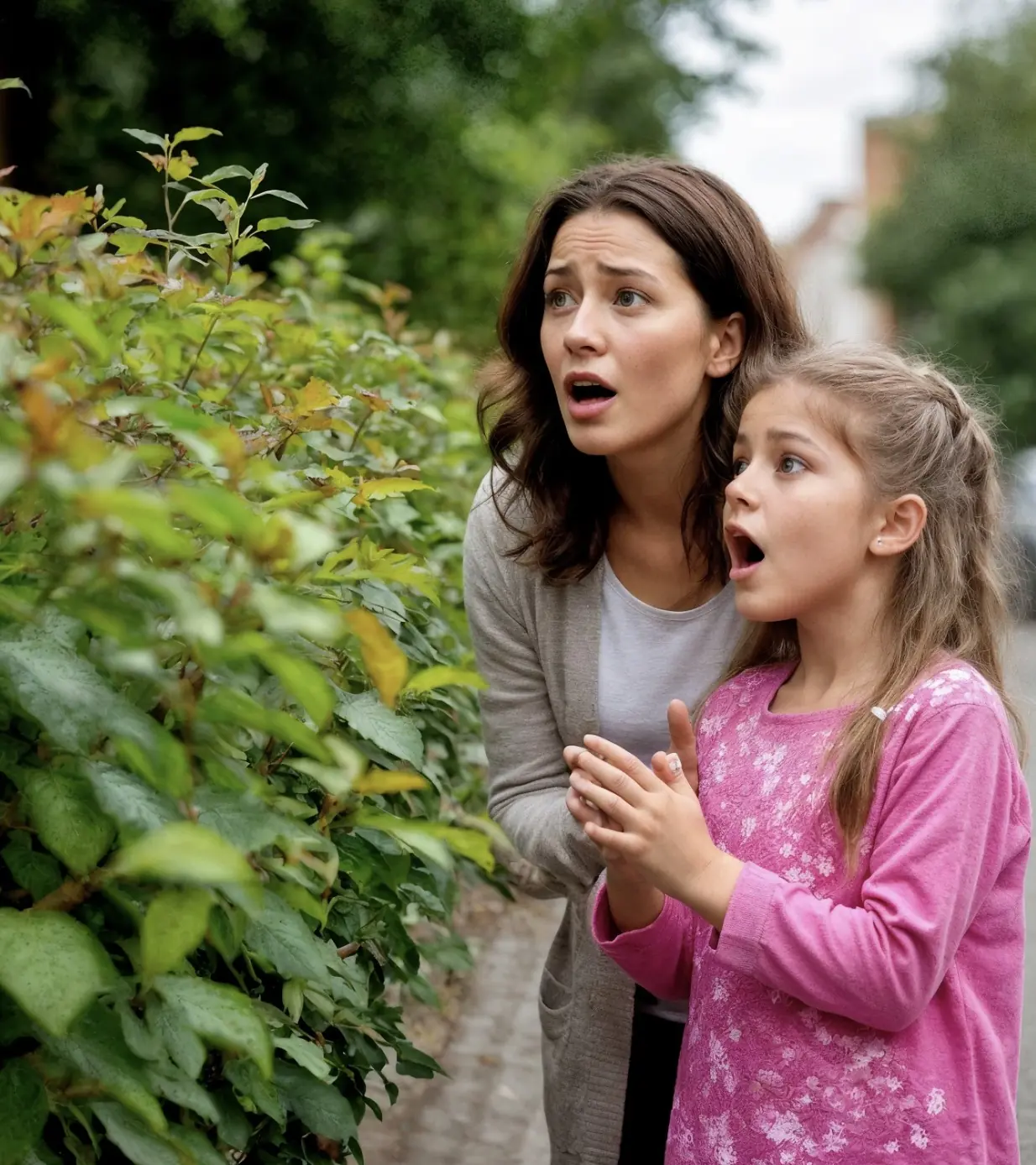
There’s a man hurting a girl!» — the child screamed, terrified, grabbing her mother’s hand. Lena glanced toward the bushes… and felt a chill run through her. Her heart froze
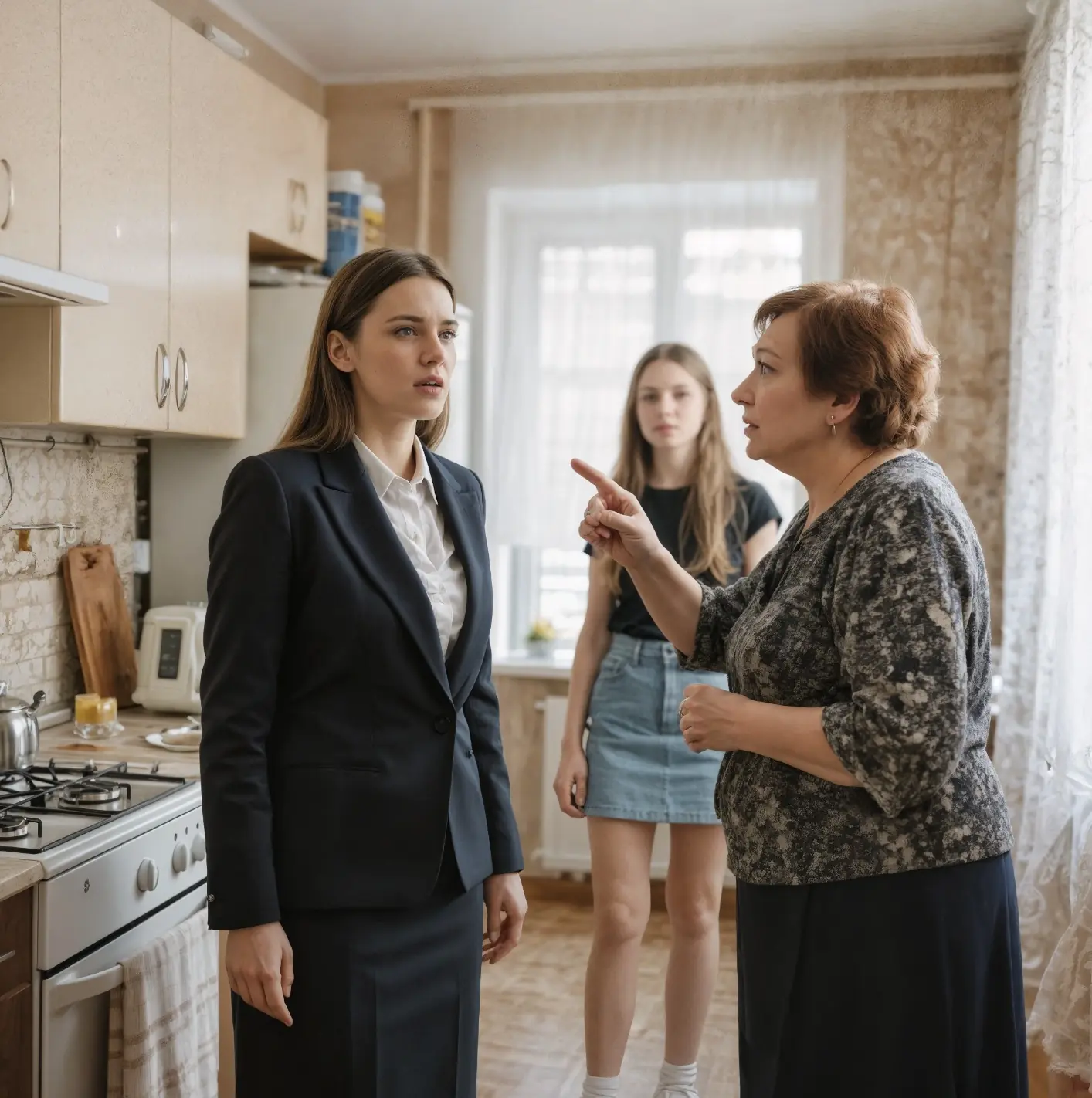
Your bonus is very timely, your sister needs to pay rent for the apartment six months in advance,” the mother ordered
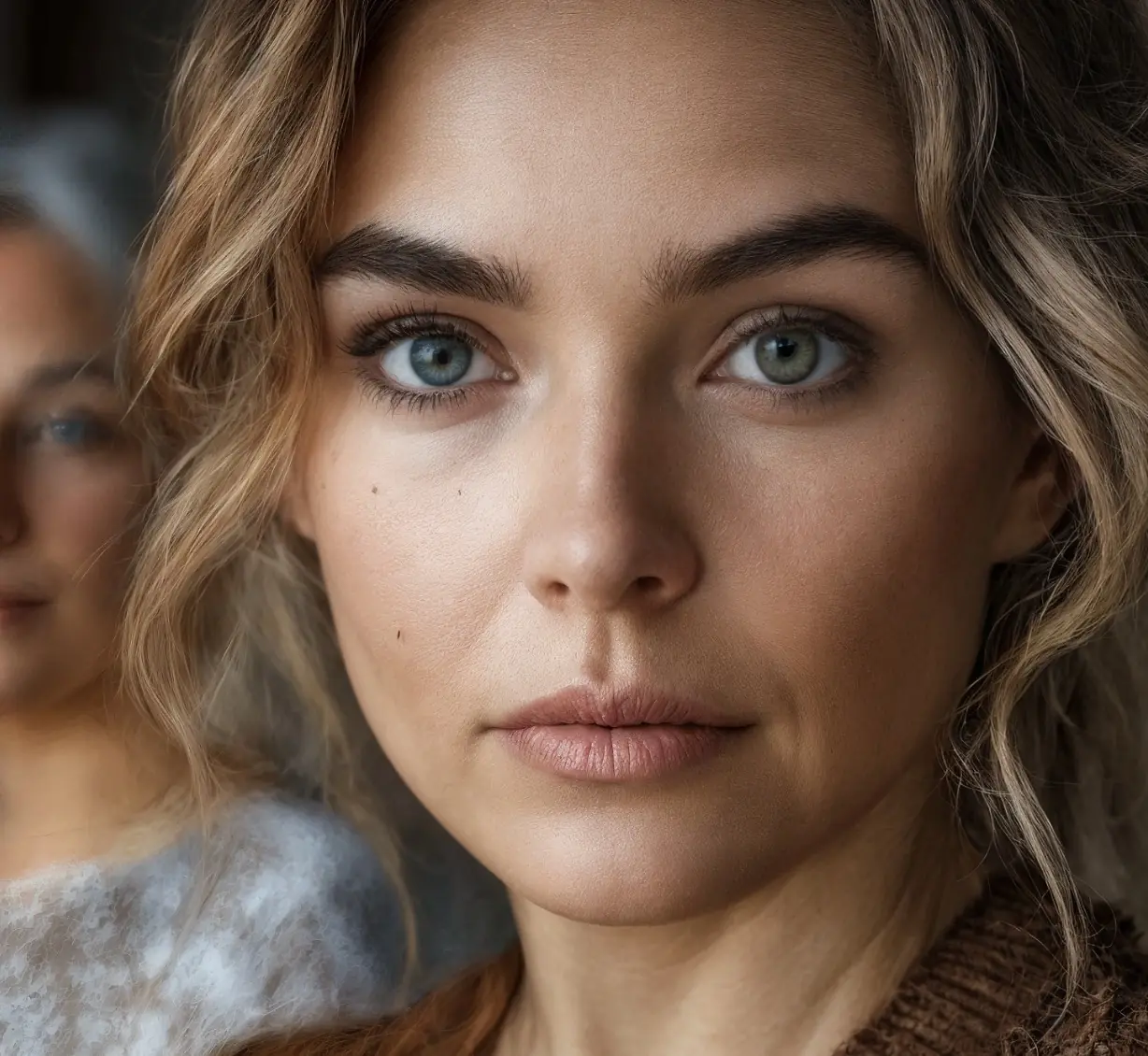
Andrey sat opposite Olga, tapping his fingers on the tabletop.
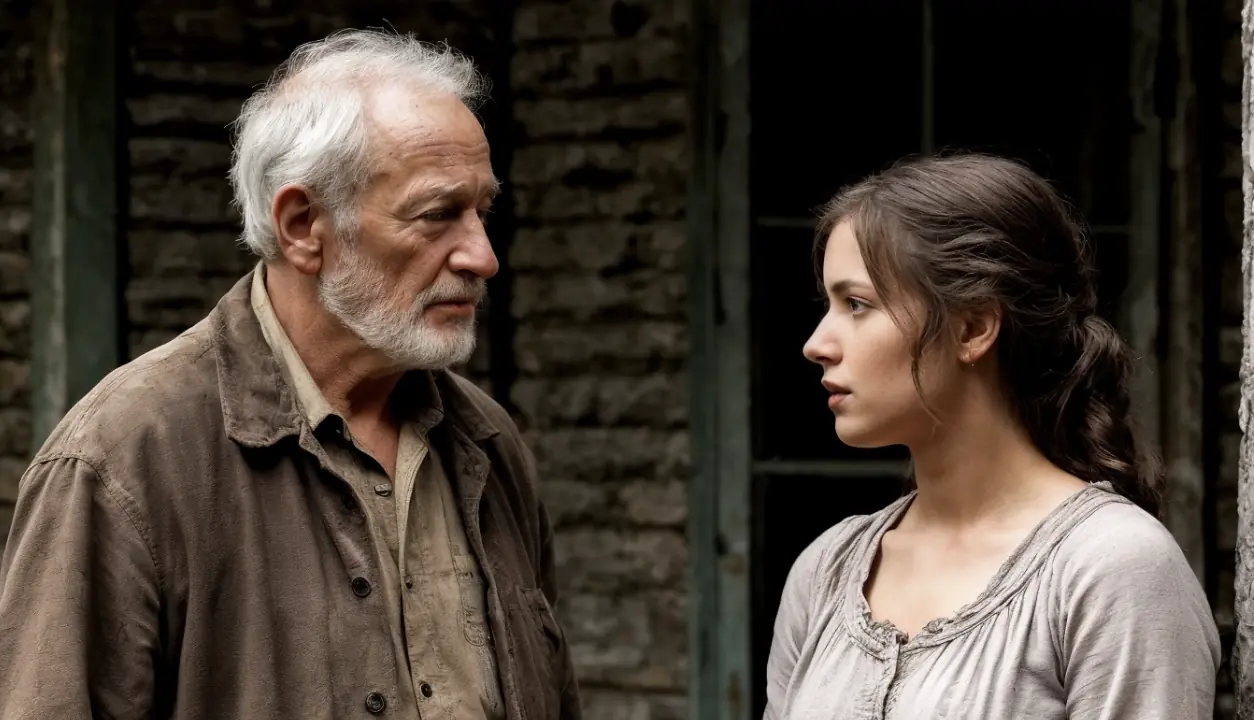
A 70-year-old elder let a stranger stay overnight — at night, the village woke up to her screams. When they found out what happened, they shuddered
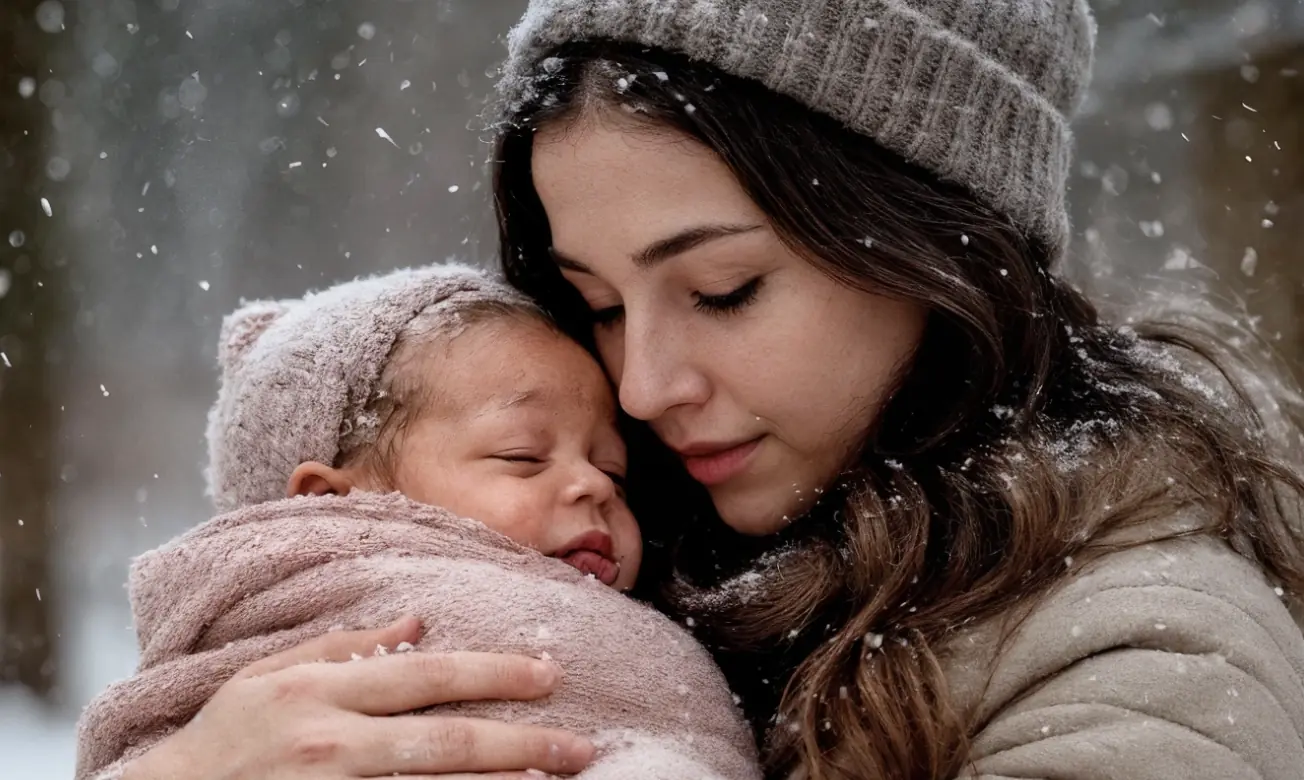
A woman left a baby at the doorstep of an orphanage in the freezing cold. But after some time…
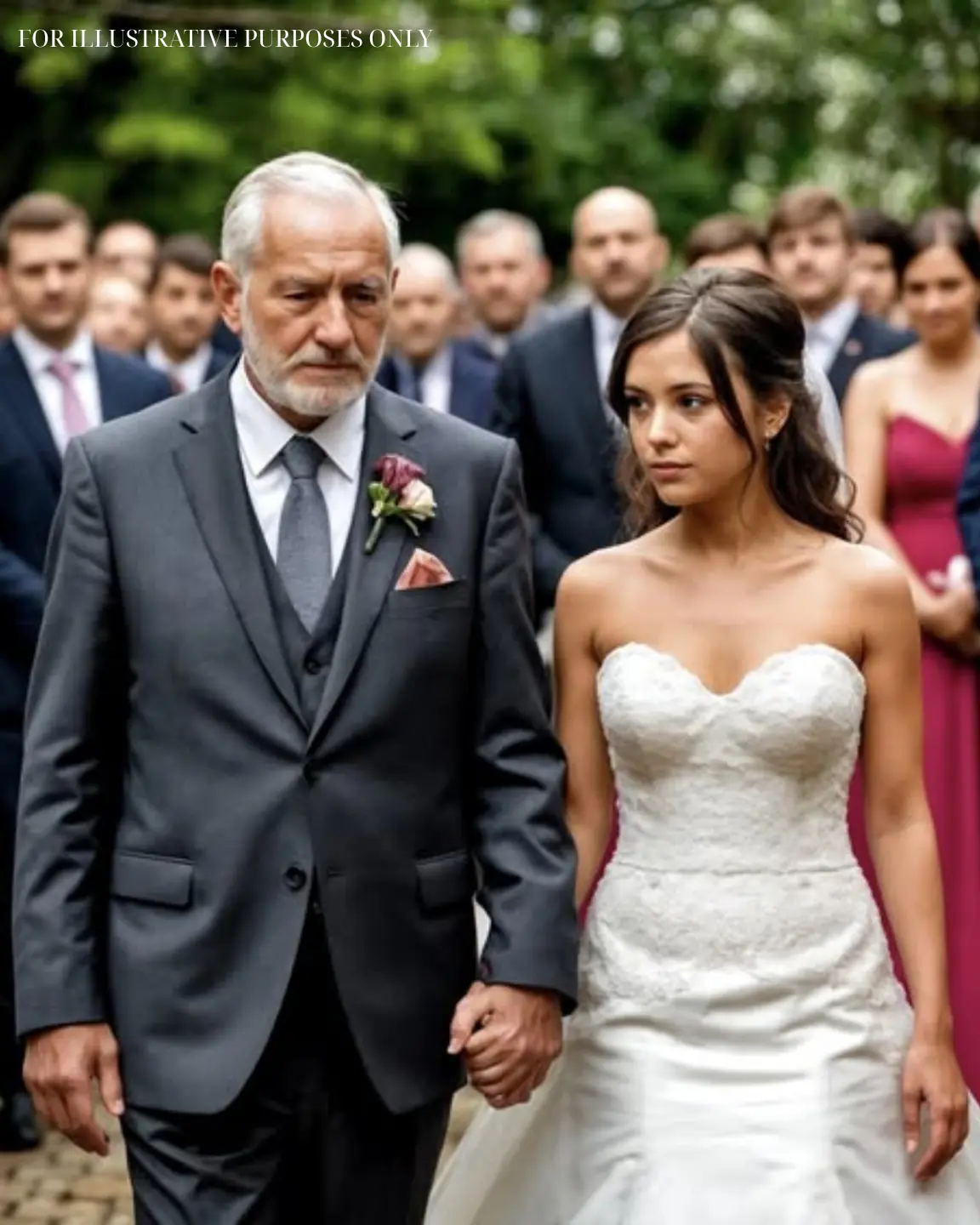
After 25 years, the father came to his daughter’s wedding — but he was turned away… And moments later, the crying spread among everyone present
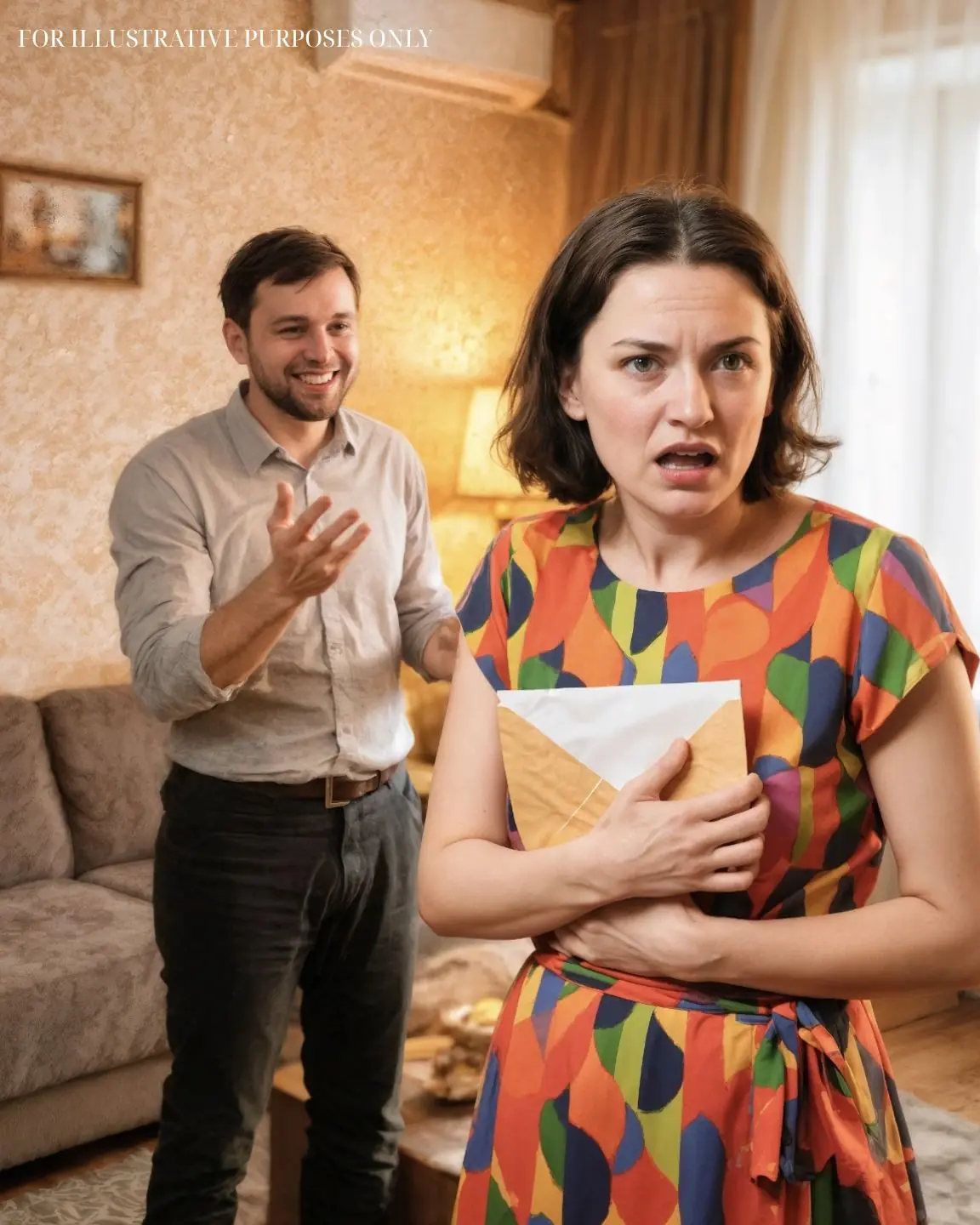
Honey, I gave your sister the trip voucher, she needs it more — she’s going through a crisis, — her husband blinked innocently, having stolen his wife’s vacation
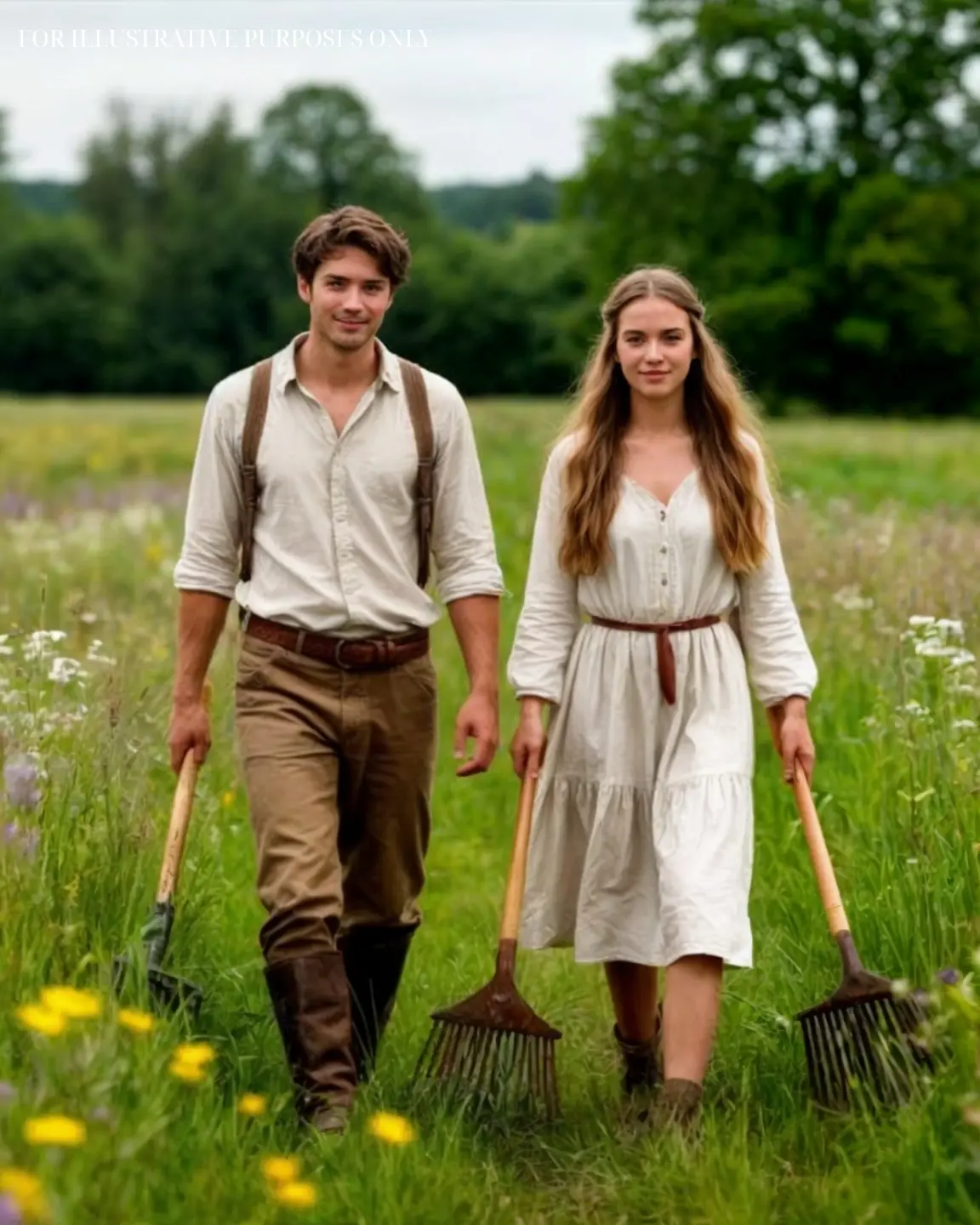
The terminally ill son of wealthy parents married a naive girl, and she took him off to a remote area. Six months later, his parents could hardly recognize their son
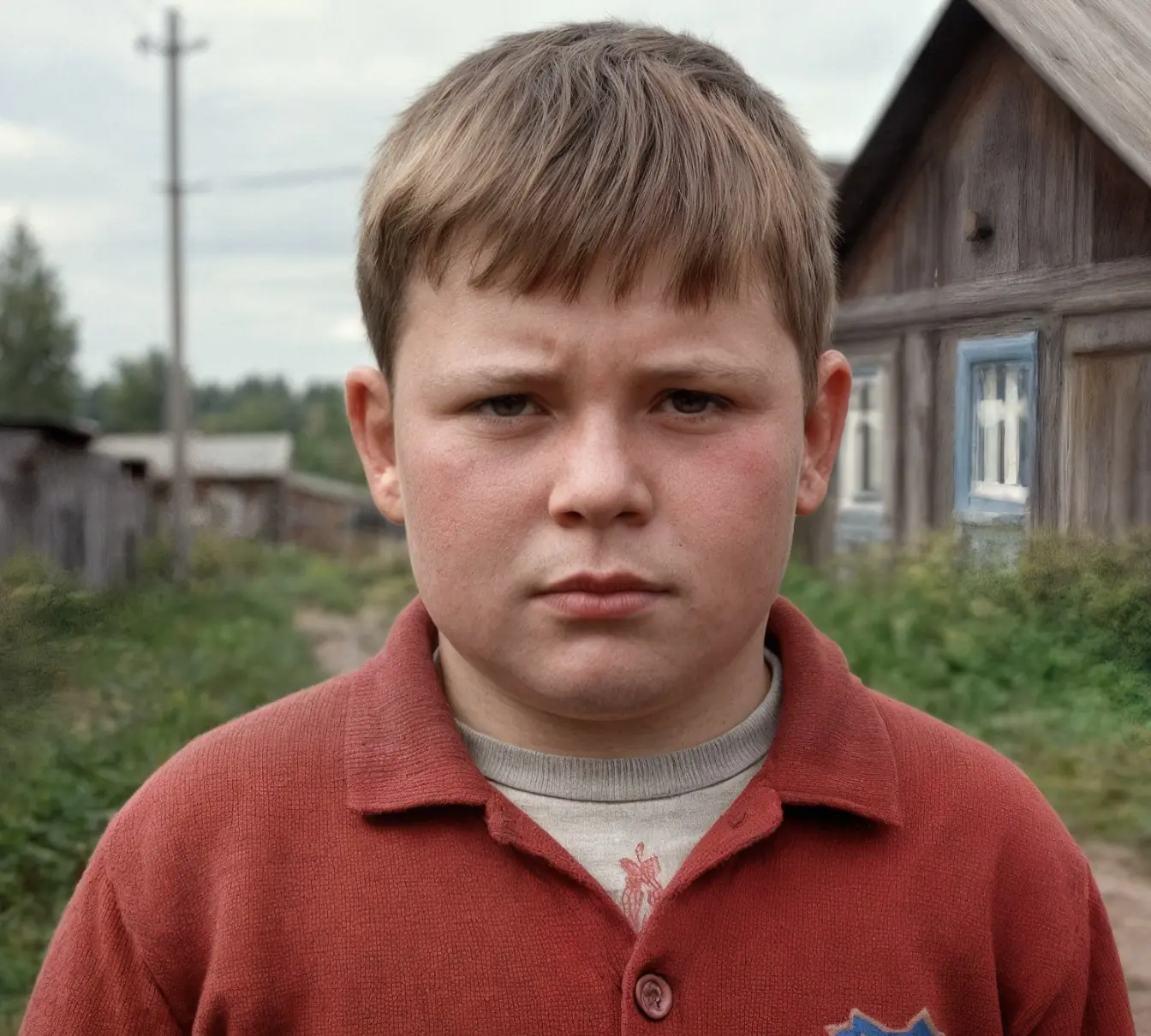
Senya was raised by his grandmother and mother. The boy was not spoiled at all – both his mother Tamara and grandmother Nina had such strong characters that even without a father and grandfather
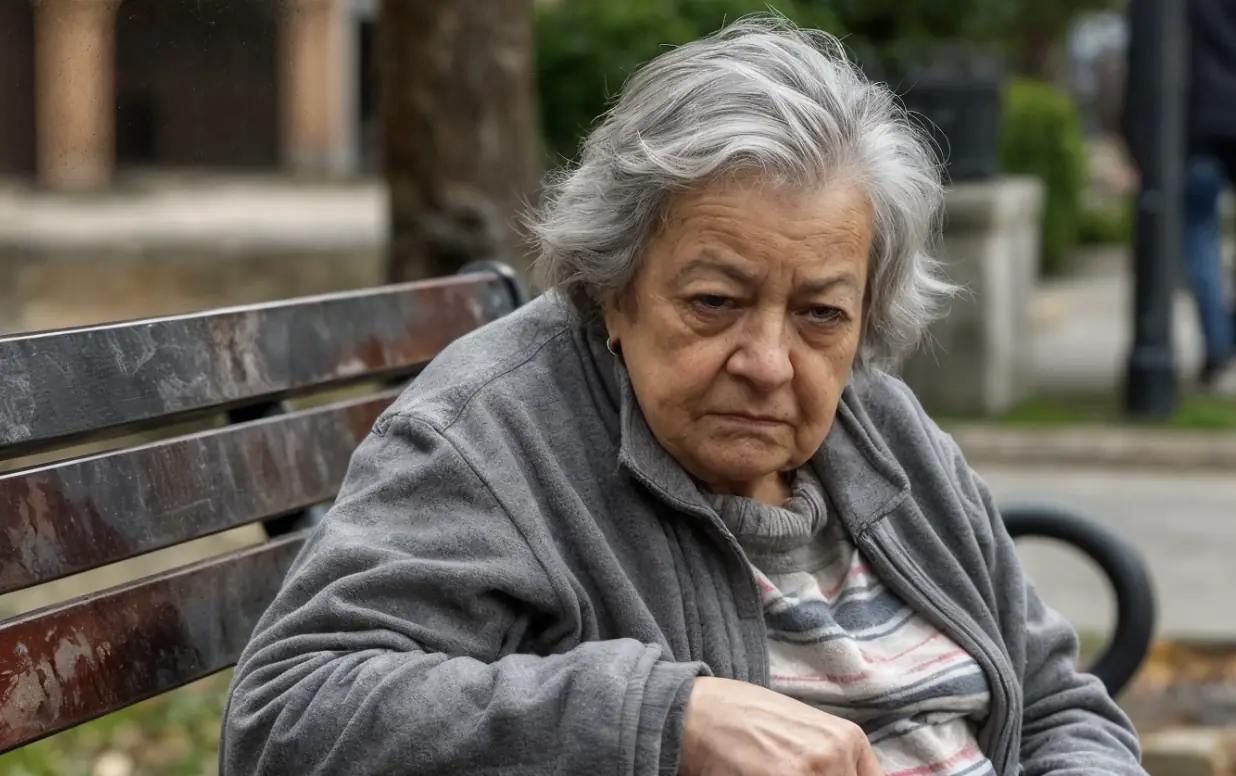
He saved the old woman from death and took her to the hospital, but at that moment he still did not know what would happen next…
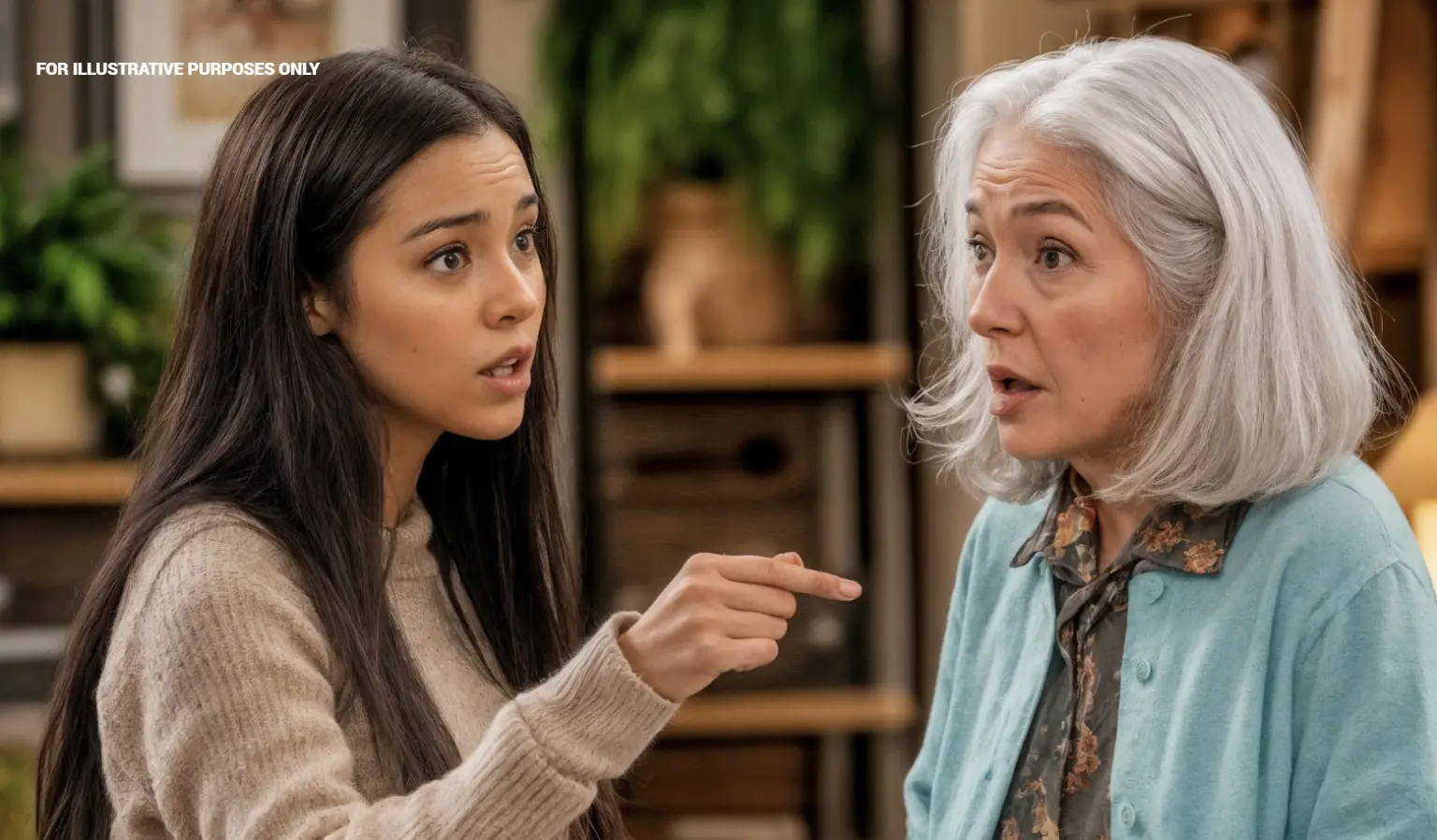
No, dear mother-in-law, I bought this apartment before the marriage, so pack your things,” I made it clear that her behavior was unacceptable to me.
News Post
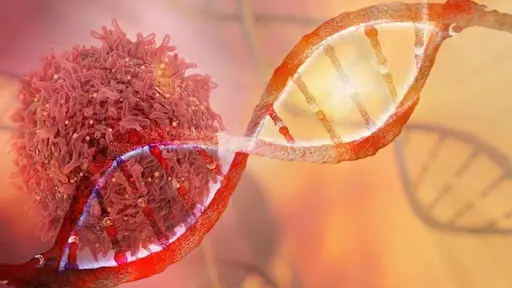
Two Itchy Areas on the Body May Signal Liver Cancer—Many Mistake It for an Allergy
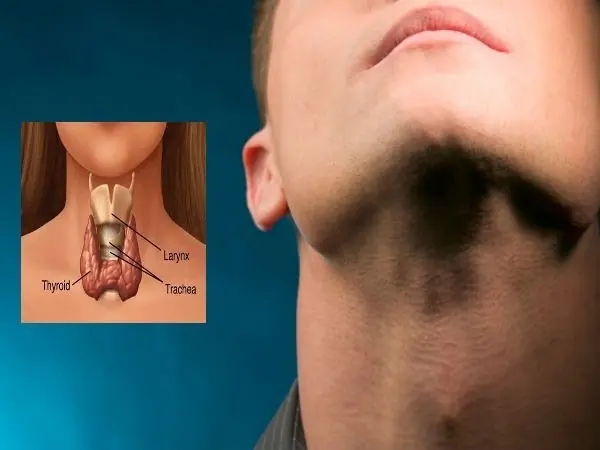
The Number of People with Thyroid Nodules Is Increasing! Doctors Repeatedly Emphasize: Eat Fewer Tomatoes and More of These 3 Foods
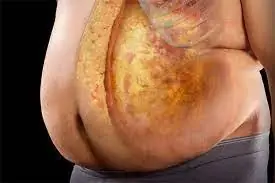
More and More People Are Suffering from Visceral Fat! Doctor: 9 Foods That Help Reduce Visceral Fat – Eat Them Regularly
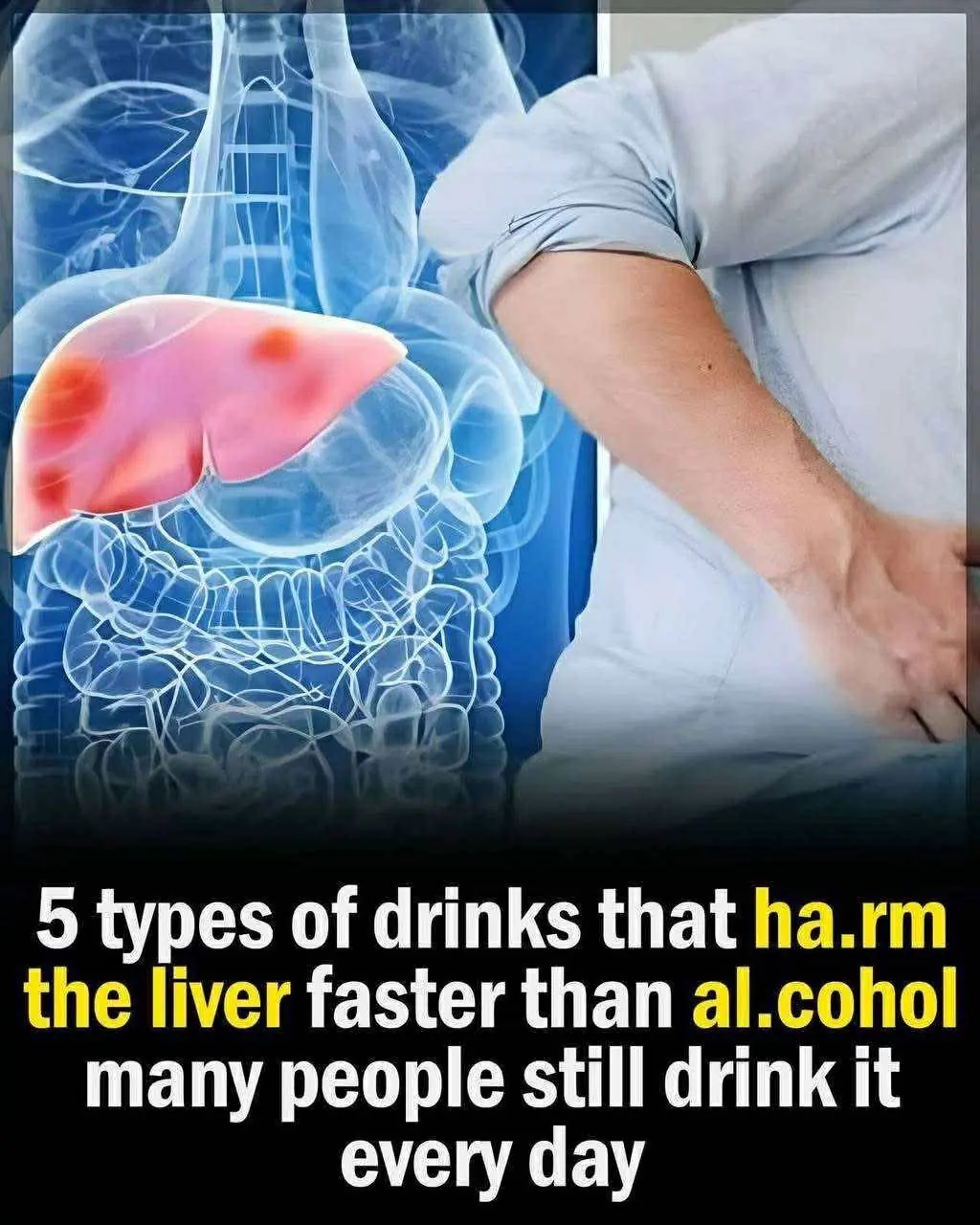
5 everyday drinks that can harm your liver like alcohol

This Girl Spent 6 Years Fixing Her Jaw & After the Final Surgery, She Stunned Everyone with the Results – Her Transformation in Pics

'Mom, Do You Want to Meet Your Clone?' – What My 5-Year-Old Said Uncovered a Secret I Wasn't Ready For

You’re nobody without me,» my husband declared. But a year later, in my office, he begged me for a job

An eight-year-old child saved his sister during a severe snowstorm. But where were their parents at that time?

We’ll live off our daughter-in-law; she has a good job,» the mother-in-law shared with her friend
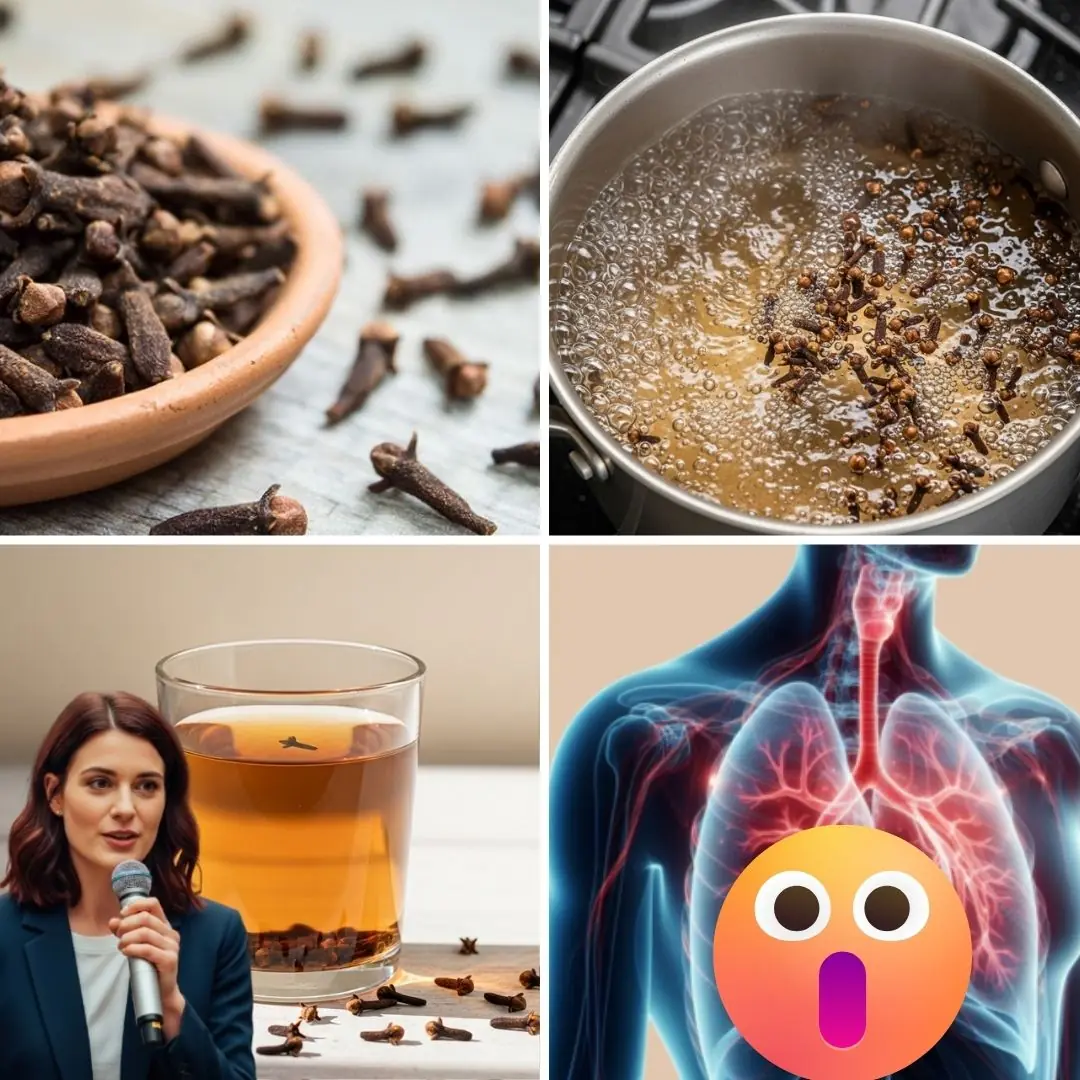
Unexpected health benefits of chai spices you may not be aware of
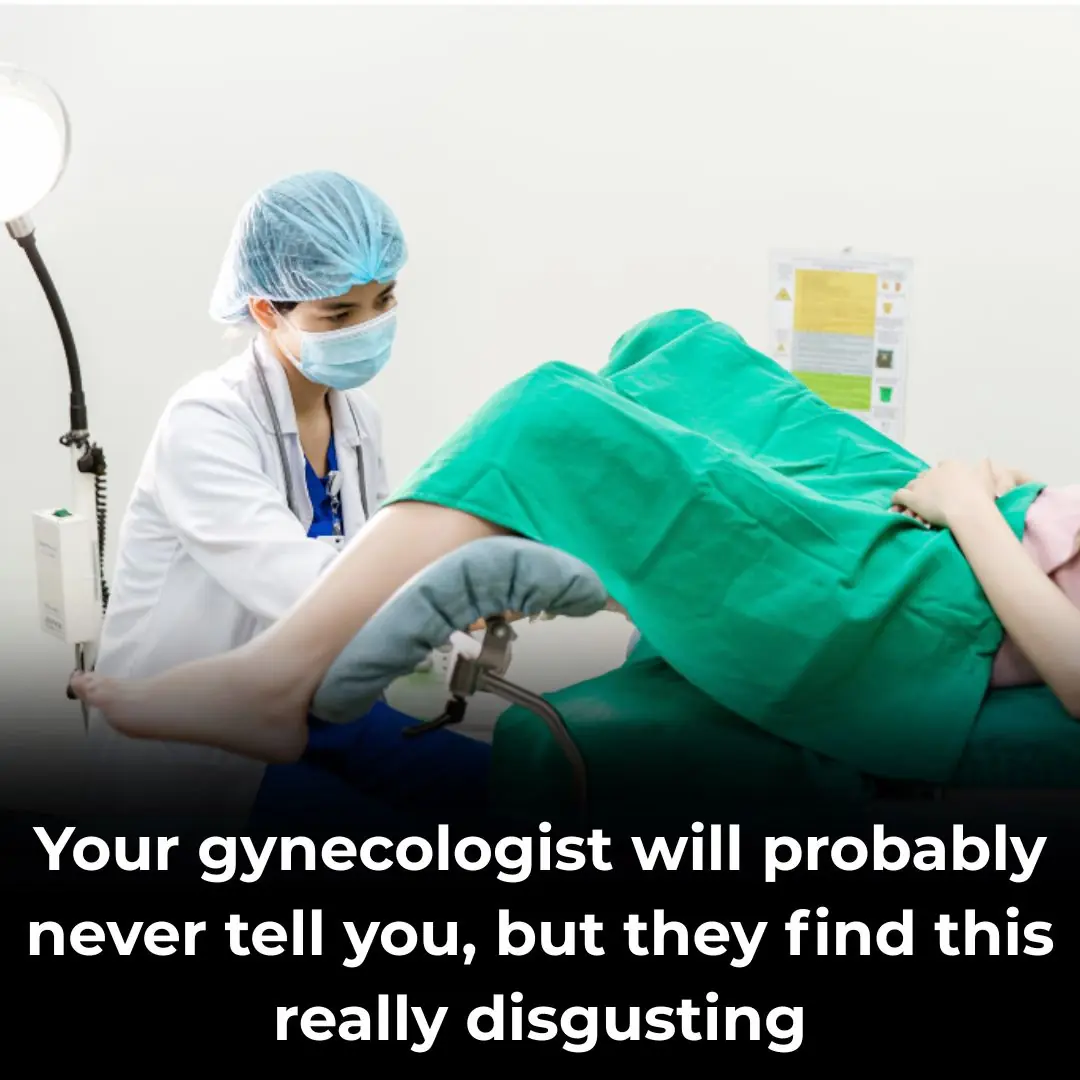
Your Guide to Preparing for the Gynecologist: 10 Key Dos and Don’ts
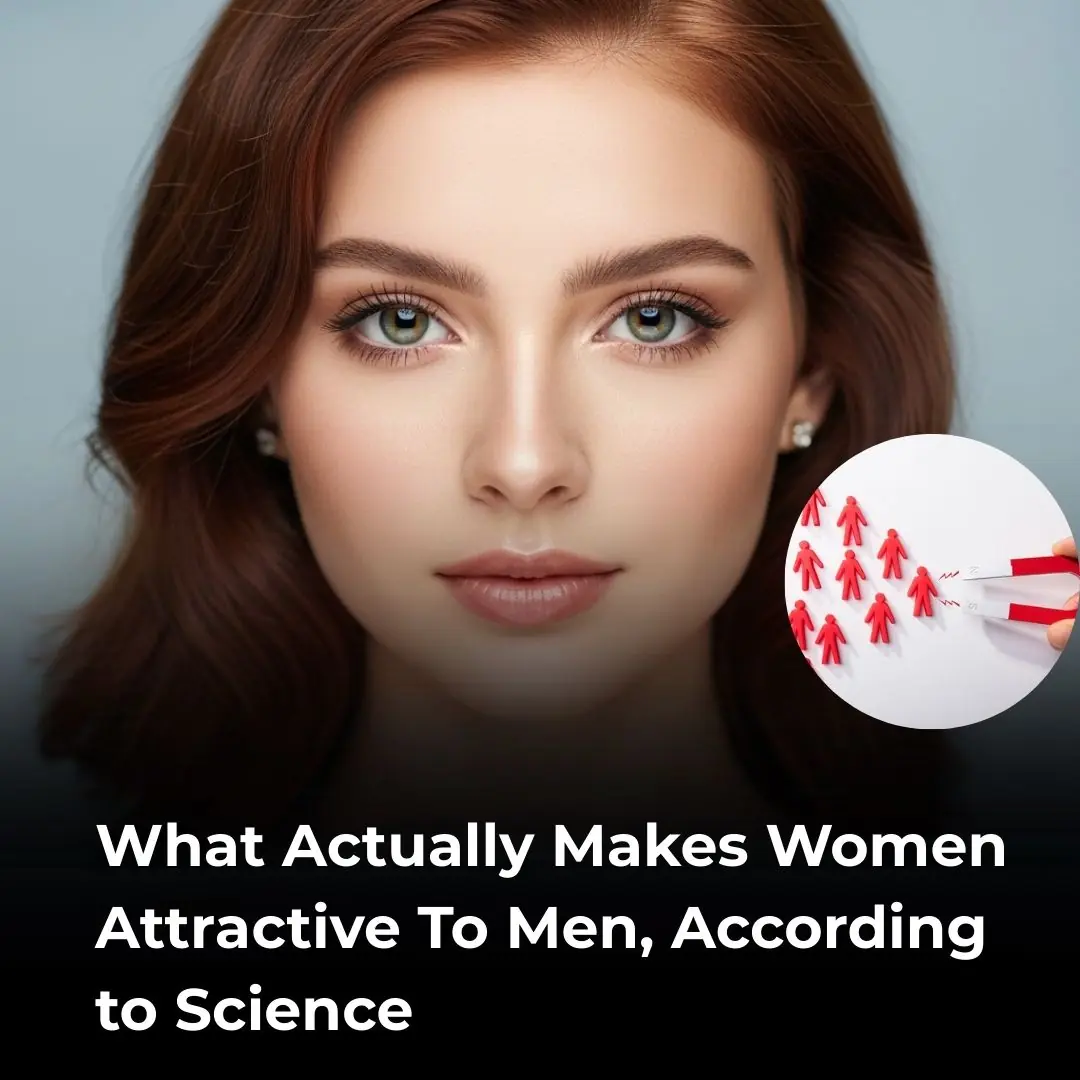
12 Surprising Things That Men Love and Find Attractive in Women
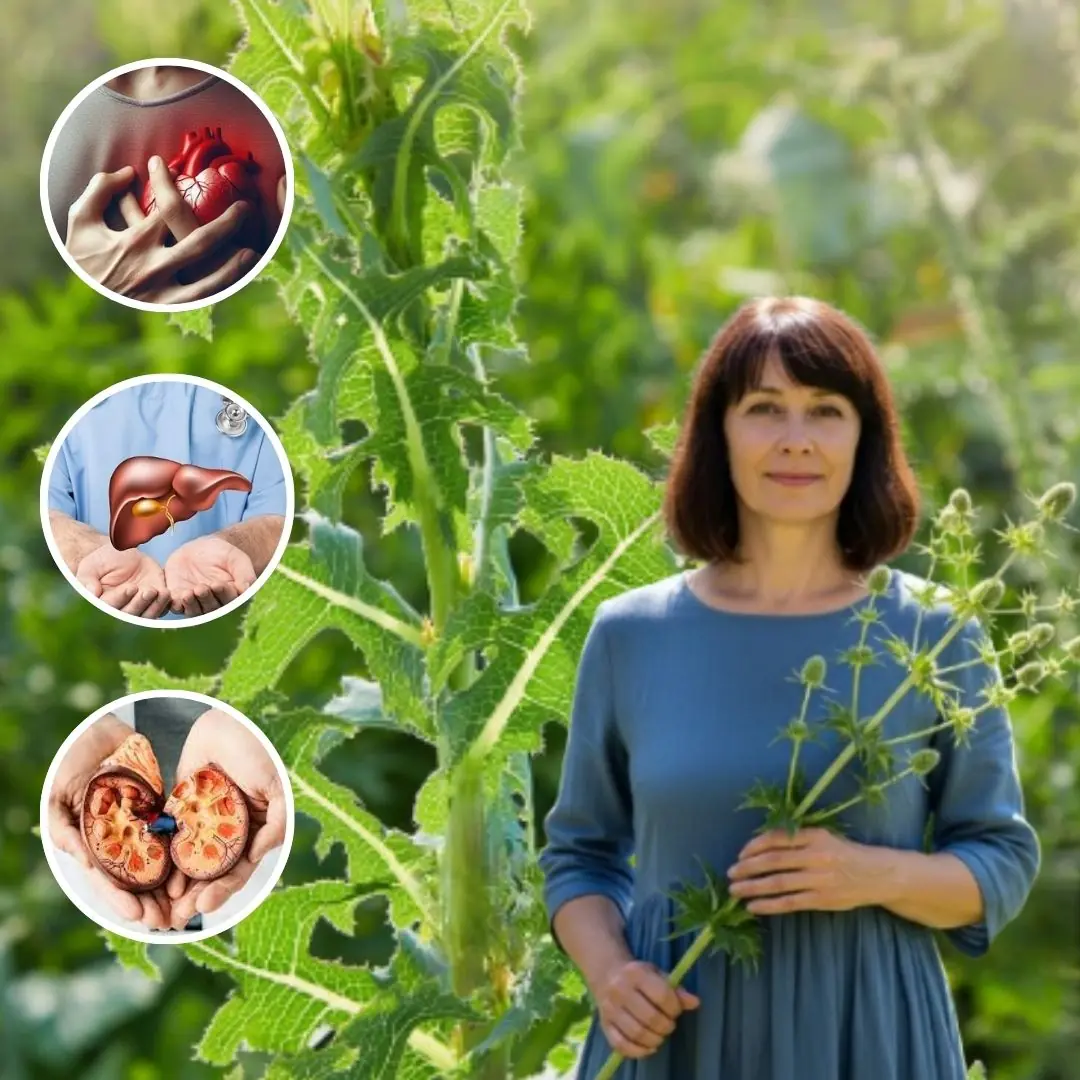
Unlocking the Hidden Power of Lactuca Serriola: Nature’s Wild Gift Growing All Around You

A REAL VITAMIN BOMB: Celery and Lemon for Clarity, Pressure Relief, and Detox
A 6-year-old boy diagnosed with late-stage canc3r, his father regrets after doctors reveal the cause linked to a popular type of beverage
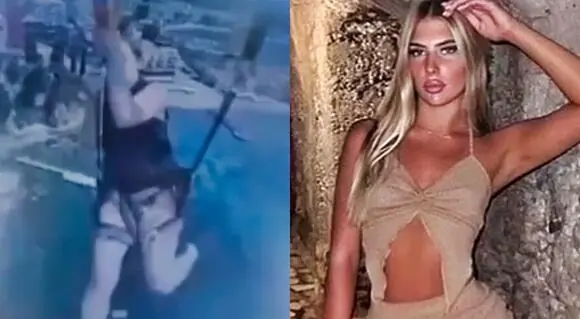
19-Year-Old Influencer Dies After Unbuckling Harness Mid-Flight in Parasailing Accident
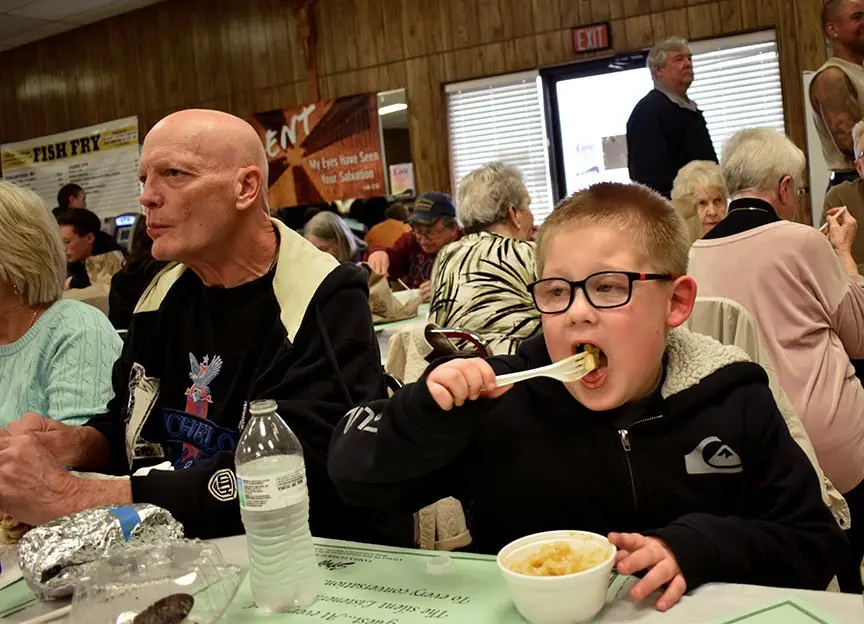
My Husband's Relatives Treated My Bakery Like Their Personal Buffet — So I Served Them a Taste of Their Own Medicine
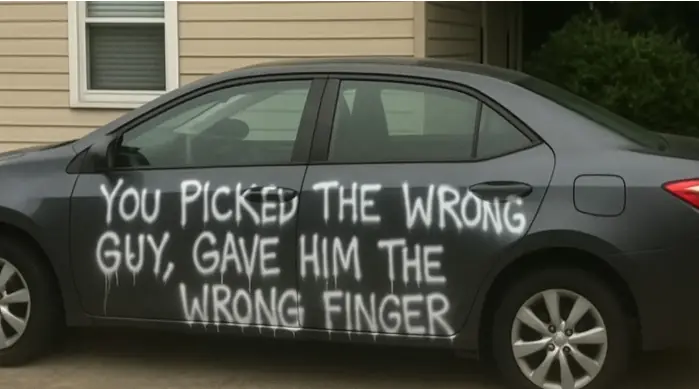
I Thought I Knew My Fiancé Until I Saw 'You Picked the Wrong Guy, Gave Him the Wrong Finger' on His Car One Morning – Story of the Day

Support Healthy Weight Management in Seniors with These 3 Morning Drinks
